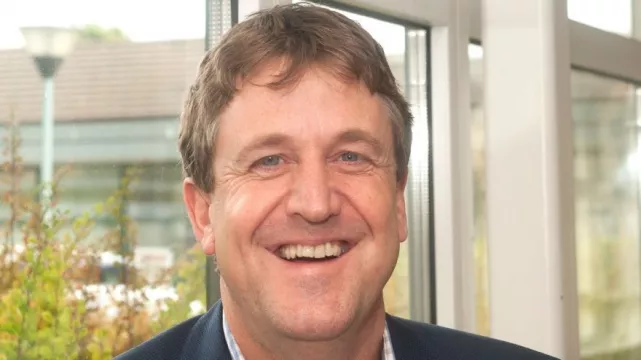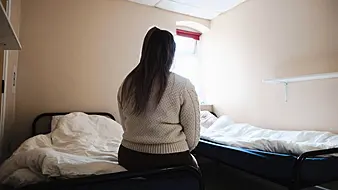How prevalent is stroke as a cause of disability and mortality in Ireland?
There can be minor variation from year to year, but currently we get approximately 7,000 cases of stroke or threatened stroke (known as TIAs) in Ireland annually. The trend has been downward in recent years due principally to better use of anticoagulation medication in cases of atrial fibrillation and due to falling rates of smoking.
Is there a simple, easy way for all of us to recognise the signs of stroke and what is the most important course of action?
The key is ‘sudden’ – a sudden onset of facial, arm or leg weakness, a sudden disturbance of speech are all common symptoms that someone may be having a stroke. The acronym “F.A.S.T.” (Face, Arms, Speech, Time) identifies some of the more common symptom patterns of stroke such as facial weakness, arm weakness and slurred speech and ‘T’ indicates the importance of ‘Time’ and acting FAST to call an ambulance when stroke is suspected.
What should people do if they see someone having a stroke?
Ensure the person is in a safe situation, able to breathe and has a pulse. Then call an ambulance immediately.
Effective treatment of stroke is hugely time dependent, why is this?
The brain is oxygen ‘hungry’ and uses about 20 per cent of the body’s available oxygen. Brain cells do not survive for long without an oxygen supply and it is estimated 1.9 million neurones die for every minute without oxygen supply. Delivery of oxygen to the brain is interrupted when a stroke occurs due to blockage of a blood vessel or rupture of that vessel. The sooner a blocked blood vessel is open the better the chance that the brain will not suffer permanent damage. We have a number of treatments for different types of stroke all of which are more effective the sooner they can be administered.
Stroke is often associated as something to watch out for those in middle or old age, but it can affect anyone at any age, is this correct?
Stroke can occur at any age and even in children. It often does not enter automatically into the process of considering a differential diagnosis when a person is younger, but everyone should be aware that almost 25 per cent of strokes occur in ‘younger’ (under 60 years) people. The sudden onset of a neurological deficit as described above or a ‘thunderclap’ headache should make everyone think ‘could this be a stroke?’
Are there any other stroke symptoms not covered by FAST?
Stroke can have lots of different symptoms depending on the area of brain affected by loss of blood supply. Some other symptoms suggesting a stroke may be happening include sudden onset of ‘confusion’ which is often actually a disturbance of speech (there are many causes of confusion especially in an older person e.g. delirium with infection).
The sudden loss of vision in one eye or loss of one side of the field of vision (distinguished by closing each eye individually) or sudden double vision. Sudden loss of balance or the sudden onset of the most severe headache of your life (as opposed to a normal type of headache) are other symptoms associated with stroke. The suddenness of onset is a key feature.
What are the key objectives and outcomes you would like to see from this campaign?
Less than half of Irish patients with stroke arrive into hospital within three hours of symptoms – we hope this campaign makes people more aware again of the symptoms of stroke and the importance of calling an ambulance if they suspect a stroke might be happening to them or another person.
For those who want to learn more about Stroke awareness, treatment or to donate to the Irish Heart Foundation, what action can they take?
Contact the Irish Heart Foundation at 01 668 5001, info@irishheart.ie or visit https://irishheart.ie. Follow the Irish Heart Foundation on Facebook or Twitter @Irishheart_ie to learn more about how to support the battle for healthier hearts and brains.








